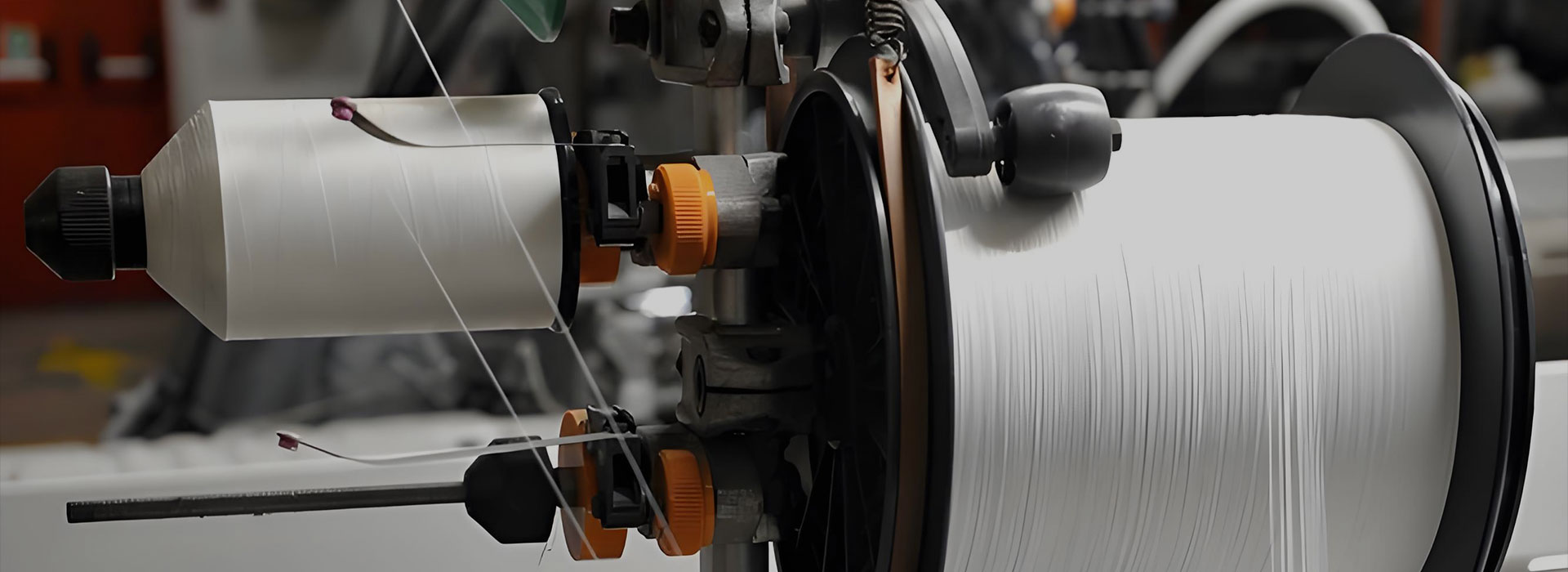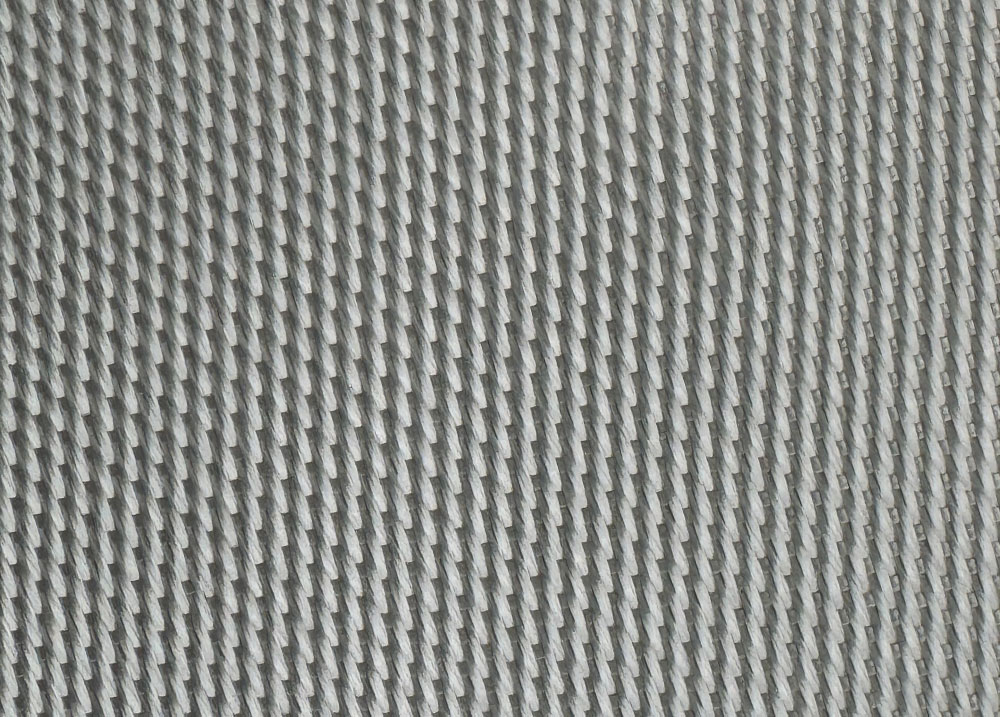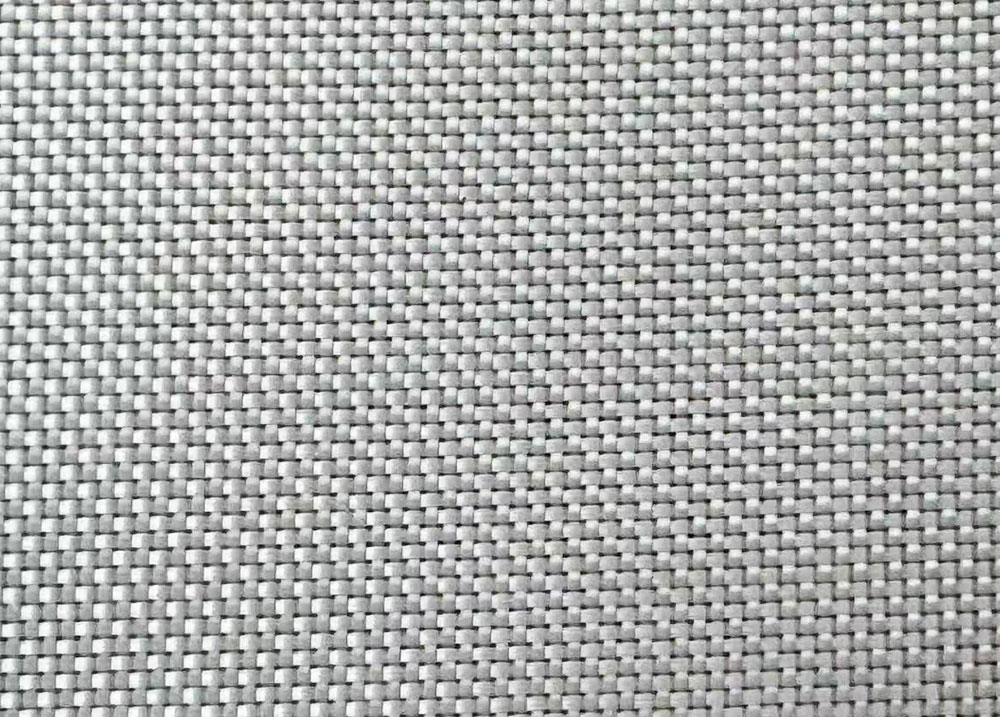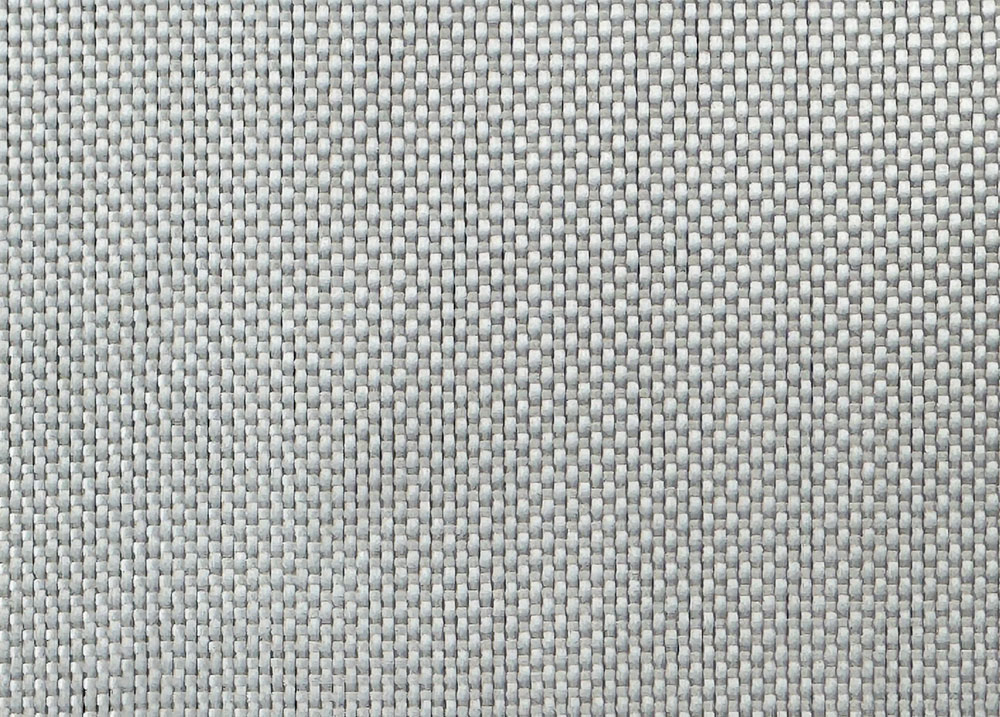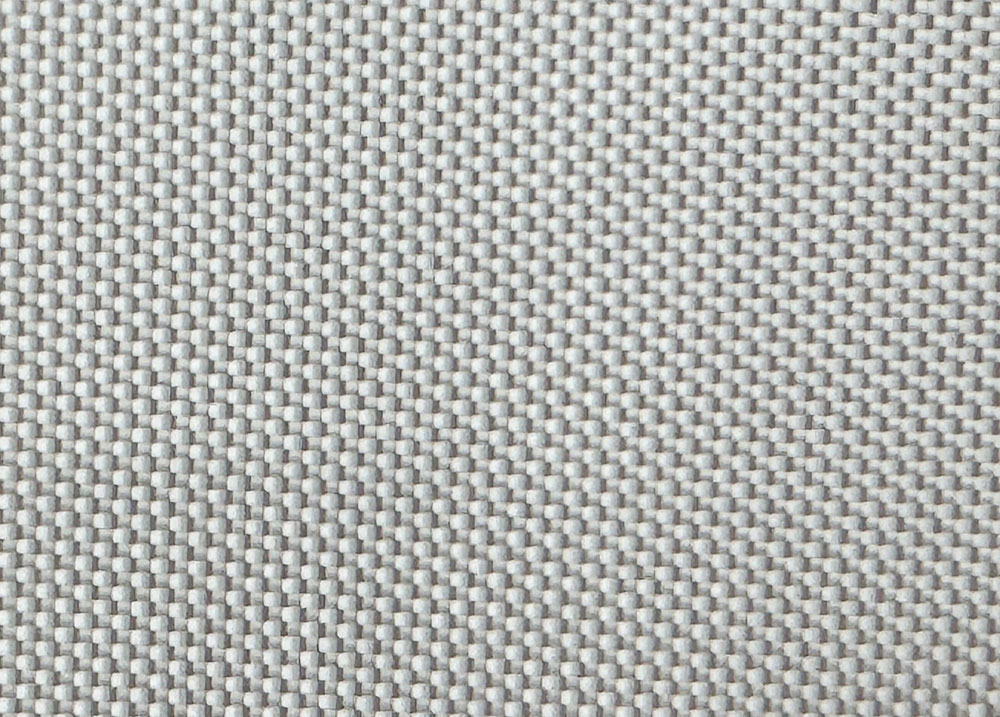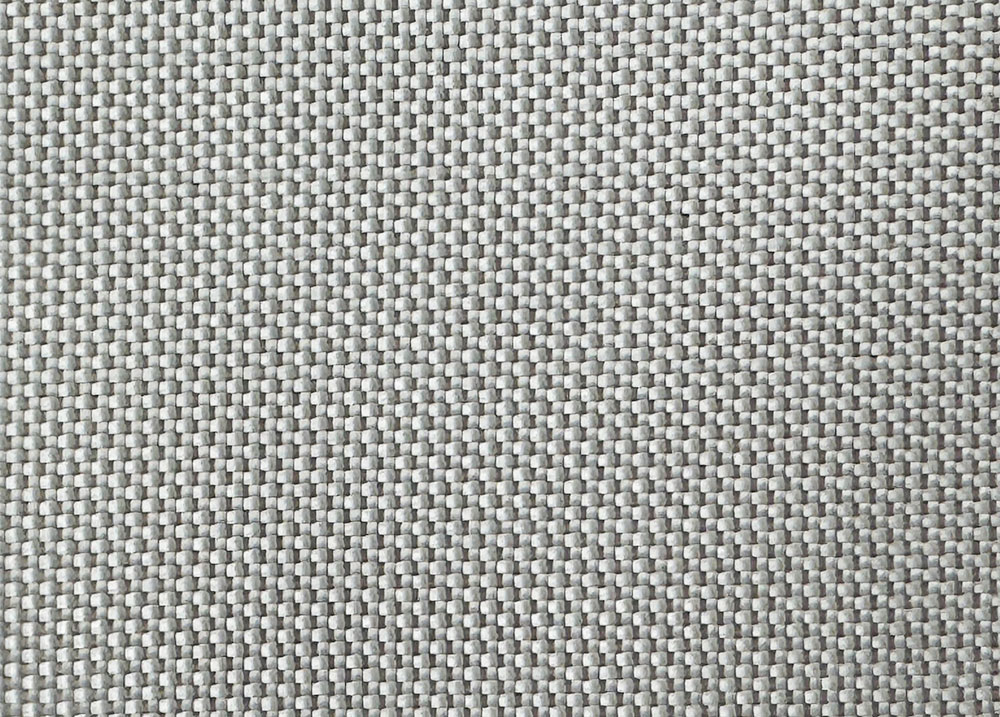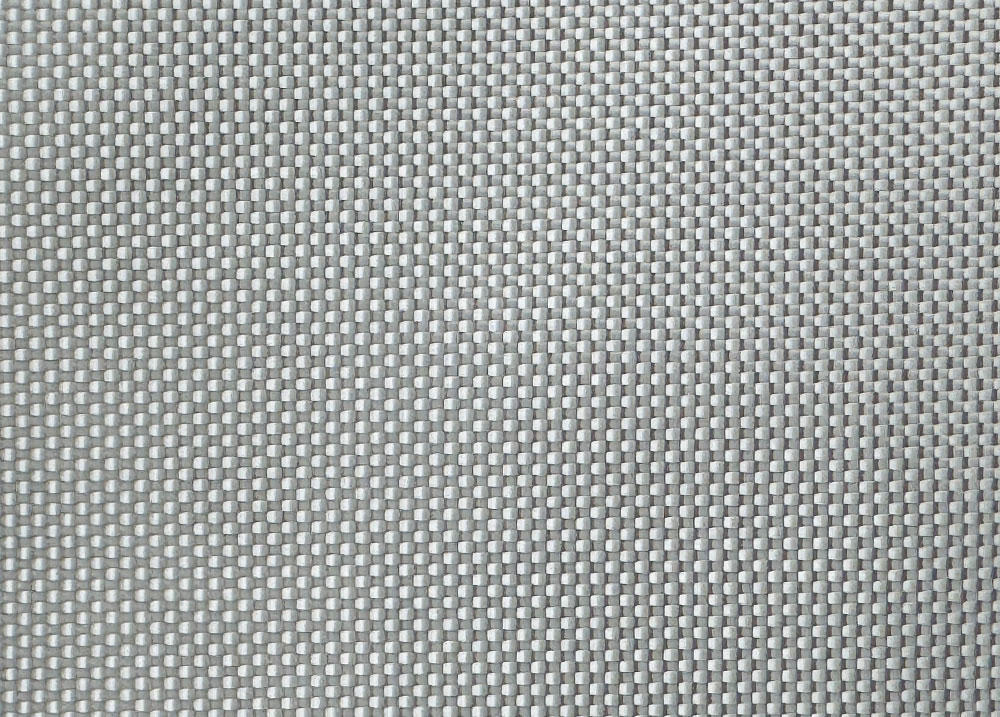E-Glass Woven Fiberglass Fabric
· Compatible Resins: Polyester, Epoxy, Vinyl Ester
Key Features
· Industry-standard fiberglass fabric with proven performance
· High strength and durability for structural applications
· Easier to handle than chopped strand mat
· Cost-effective solution for heavy-duty reinforcement
· Uniform fiber distribution for consistent resin saturation
Applications
· Marine: Hulls, decks, bulkheads, and reinforcements
· Industrial: Tanks, structural panels, machinery components
· Aerospace: Lightweight structural reinforcements and panels
· General Composites: High-load components requiring rigidity and stability
How to Test the Performance of E-Glass Woven Fiberglass Fabric
Testing the performance of E-Glass woven fiberglass fabric typically covers mechanical, electrical, physical, and chemical properties.
Common test items and methods include:
1. Mechanical Tests
- Tensile Strength: Measures the maximum load the fabric can withstand when stretched. Usually tested according to ASTM D5035.
- Tear Strength: Assesses the fabric’s resistance to tearing, commonly tested by ASTM D1424.
- Elongation at Break: Measures the percentage elongation when the fabric breaks under tension.
- Tear Elongation: Evaluates deformation ability during tearing.
2. Physical Tests
- Fabric Weight (GSM): The weight per unit area, reflecting fabric density and thickness. Tested according to ASTM D3776.
- Thickness: Measures fabric thickness, affecting flexibility and mechanical strength.
- Dimensional Stability: Tests for shrinkage or deformation under heat or moisture conditions.
3. Electrical Tests
- Volume Resistivity: Evaluates the electrical insulation properties of the fabric, typically per ASTM D257.
- Dielectric Strength: The maximum voltage the fabric can withstand without electrical breakdown, per ASTM D149.
4. Chemical Tests
- Chemical Resistance: Exposure of the fabric to acids, alkalis, solvents, etc., followed by evaluation of property changes.
- Moisture Resistance: Tests fabric stability under high temperature and humidity.
5. Heat Resistance Tests
- Thermal Stability: Observes changes in fabric properties under elevated temperatures to assess heat resistance.
- Thermogravimetric Analysis (TGA): Measures weight loss of the material as temperature increases.
Equipment & Standards
Common testing instruments include tensile testers, thickness gauges, electrical testers, and environmental chambers.
Testing generally follows international standards such as ASTM, ISO, DIN, etc.


